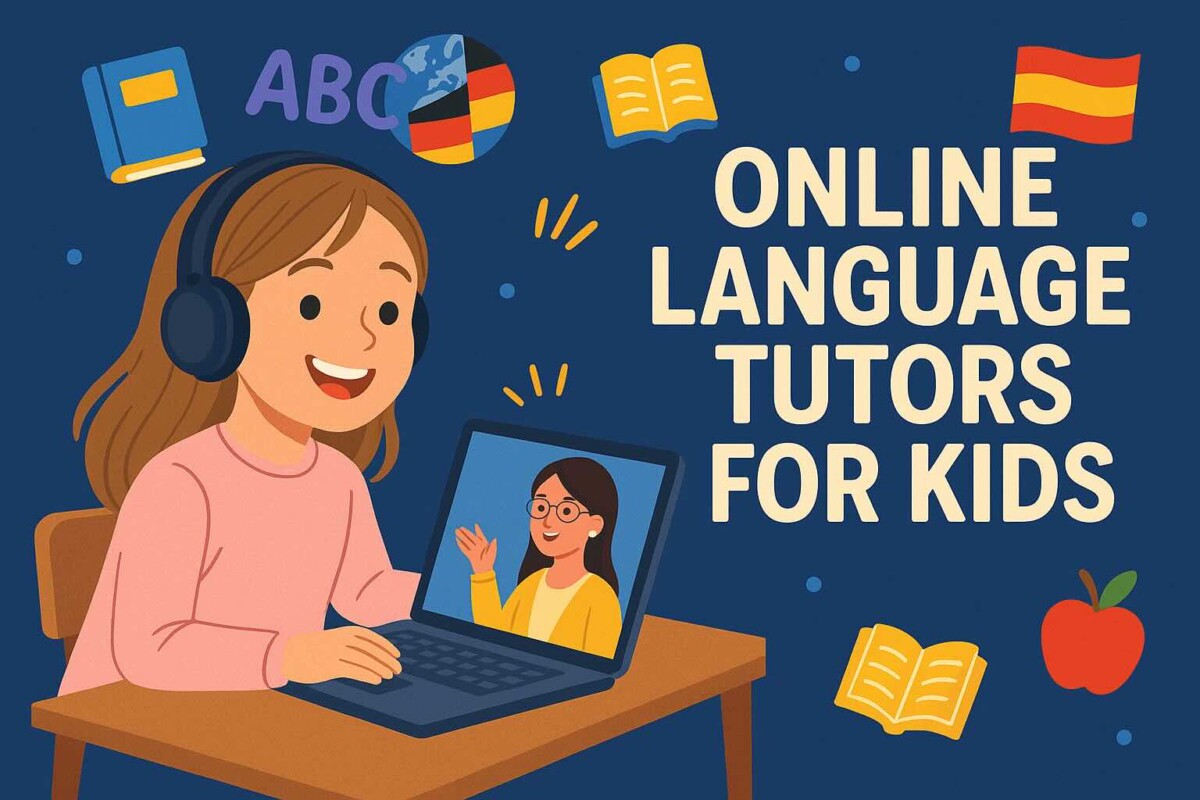Many students believe fluency comes from memorizing vocabulary lists. “If I know 3000 words, I’ll be fluent.” But that’s a myth. Language doesn’t work like Lego blocks you stack together. It’s not the number of pieces — it’s how you connect them.
Why the Myth Exists
Publishers and teachers love numbers: 300 words for survival, 1000 for daily life, 3000 for fluency. It sounds scientific, measurable, motivating. But it reduces language to statistics and hides the truth: you can “know” thousands of words and still fail in conversation.
What Vocabulary Doesn’t Give You
- No grammar in action: Knowing “book” doesn’t mean you can say I’ve been reading that book for two weeks.
- No collocations: You may know “make” and “decision,” but fail to produce “make a decision” under pressure.
- No discourse skills: Vocabulary lists don’t teach you how to agree, disagree, interrupt politely, or change topics.
Why Fewer Words Can Do More
Imagine two learners:
- Student A knows 5000 words but only in isolation.
- Student B knows 1500 words but uses them in phrases, idioms, and real contexts.
Who speaks better? Always Student B. Fluency is not was words you know, but wie you use them.
Cross-Language Examples
- Englisch: Knowing “get” is useless until you see it in get up, get along, get over it.
- Deutsch: Words like Zeit (time) appear in Zeit haben, Zeit verbringen, zur Zeit. Phrases matter more than the word itself.
- Französisch: prendre (to take) lives in prendre le bus, prendre une décision, prendre du temps.
- Spanisch: dar (to give) is everywhere: dar un paseo, dar miedo, dar clases.
Vocabulary lives inside patterns. Without patterns, words die in your notebook.
The Real Road to Fluency
Unter Levitin-Sprachschule (Start Language School by Tymur Levitin), we focus not on memorizing but on thinking in patterns. We ask:
- Can you use this word in three different contexts?
- Can you connect it naturally to other words?
- Can you build meaning under time pressure?
Fluency is when your brain retrieves not a word, but a ready-made chunk.

Related Reading
→ Why Students Fail in Listening: It’s Not What You Think
→ Wie die Betonung die Bedeutung in englischen Sätzen verändert
📚 Kategorie: Interessante Informationen
© Autor: Tymur Levitin - Gründer und Schulleiter der Start Language School by Tymur Levitin / Levitin Language School
























